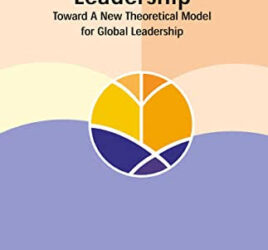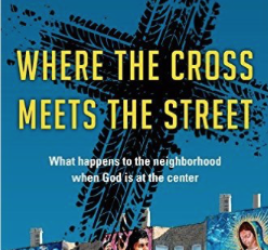In Building Social Business, Nobel Peace Prize winner Muhammad Yunus of Grameen Bank presents a “new kind of capitalism that serves humanity’s most pressing needs.”[1] Our current global financial crisis is not the only crisis at hand, says Yunus, but one of a series of crises: food, energy, environmental, healthcare, social, economic and poverty. Yunus writes, “We need a new way of thinking about economics that is not prone to creating a series of crises; instead it should be capable of ending the crises once and for all.”[2] Building and networking social businesses that will eventually lead to a new social stock market is the author’s dream. In this book, Yunus explains the theory behind it, shares stories of successes and challenges of his own social ventures, and gives practical guidance for the reader to get involved.
The utopian dream of Yunus to create a new global economic structure could be easily dismissed if it was not for the incredible success he has shown with the Grameen Bank. What started with a $27 loan from Yunus’ own pocket to several poor people in his village, the Grameen Bank has become the model of banking for the poor the world over. Viewing the bank as a large-scale social business owned by the poor, it is not hard to imagine other industries could see similar successful businesses established for and by the poor.
Yunus has developed numerous social enterprises in such industries as “agriculture, livestock, fisheries, renewable energy, information technology, education, health, hand-loom textiles, employment services, and many similar areas.”[3] What I found to be the most inspiring thought is that, when looking at a social issues, instead of thinking how a non-profit development project could solve the problem, to think how to build a business around the problem that would be viable, sustainable, and owned by the poor themselves.
The most prominent example is the partnership between Grameen and Danone, the French yoghurt company. To battle the lack of health and vitamin deficiency among the population of Bangladesh, Danone developed a yoghurt rich of vitamins and minerals that could be produced locally, packaged small enough, and distributed by the poor to be sold to children at an affordable rate. The goal is to even create eatable packaging! Danone designed a mini-factory while Grameen provided the know-how of working with nationals and the poor. The lessons learned, which are freely shared in the book, are priceless to any social business entrepreneur.
This kind of thinking goes against any training NGO and missionary workers have been taught. In my own context, social issues are usually responded to by thoughts of how to create non-profit projects, raise funds from the West and the wealthy, and manage by the experts. To think entrepreneurial and design social business that can be owned by the poor (the stake- and stockholders) requires a transformation of the mind and heart. It may not even be possible for non-profit workers to think this way. Partnerships with business entrepreneurs are needed to make this work. I intend to apply this thinking as we continually are faced with requests to help with social issues. Not only do non-profit workers need to be re-educated, but also business people need to be taught how they can make a significant impact to help the poor. I intend to promote this in my immediate sphere of influence in my church and wider community.
By Jacob Bloemberg
[1] Muhammad Yunus and Karl Weber, Building Social Business : The New Kind of Capitalism That Serves Humanity’s Most Pressing Needs (New York: Public Affairs, 2010), cover.
[2] Ibid., xxv.
[3] Ibid.




